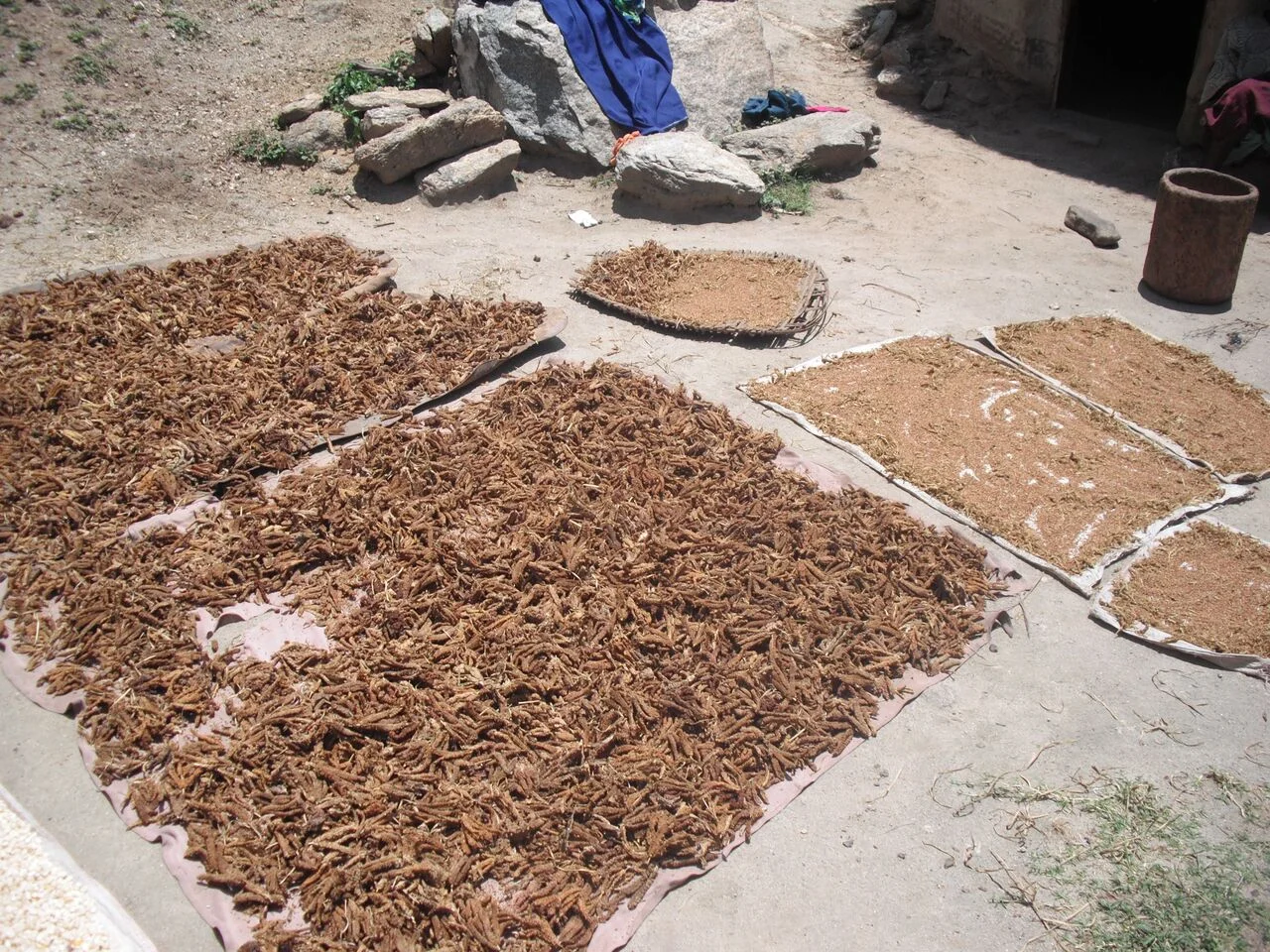From top-down to bottom-up development
Delivering inclusive, sustainable and resilient prosperity remains a major challenge across sub-Saharan Africa. Despite some successes, decades of national, international and NGO-led development practices have failed to confront the key drivers of poverty. Top-heavy governance and rigid conventional economic models championed by major financial institutions continue to perpetuate inequality, injustice and environmental degradation.
Major challenges face Africa, not least from environmental pressures and climate change. Conventional economic wisdom fails to adequately internalise these challenges and anchor human well-being within a safe and stable environment. A report by the United Nations Commission for Trade and Development established that, at current rates of redistribution, to eradicate global poverty at the $5 a day mark, we would have to wait 200 years and expand the global economy 175 times, a model of development that our planet cannot sustain. Conventional growth-oriented economic dogma based on centralised governance and infrastructure is simply unable to meet Africa’s needs.
New models of development are needed. We propose that community oriented development, based on an understanding of natural prosperity in the local context can deliver lasting, inclusive prosperity for Africa’s citizens and communities.
The seeds of this vision have already been sown. Hitherto most of Africa’s food is provided by distributed, smallholder farmers. The expansion of mobile networks have connected previously isolated communities and enabled economic dynamism by facilitating financial flows. Looking forward, efforts are underway to build a network of distributed energy infrastructure, allowing Africa to ‘leapfrog’ the centralised, fossil fuel dependent energy systems of the twentieth century.
We believe trends such as these can be harnessed to deliver a new vision for development in the twenty-first century. Our vision entails empowering local communities to deliver a prosperity that is:
Autonomous: We envision self-sufficient communities powered by distributed renewable energy, with decent livelihoods and ample opportunities for the future.
Sustainable: We envision communities whereby long-term socioeconomic well-being is anchored in a complete understanding of the region’s natural prosperity.
Resilient: We envision communities that have a complete understanding of the effects of climate change on their local region, thereby helping them adapt and thrive in the face of climate disruption.
We believe these community-driven approaches will deliver a lasting, inclusive prosperity in Africa.

